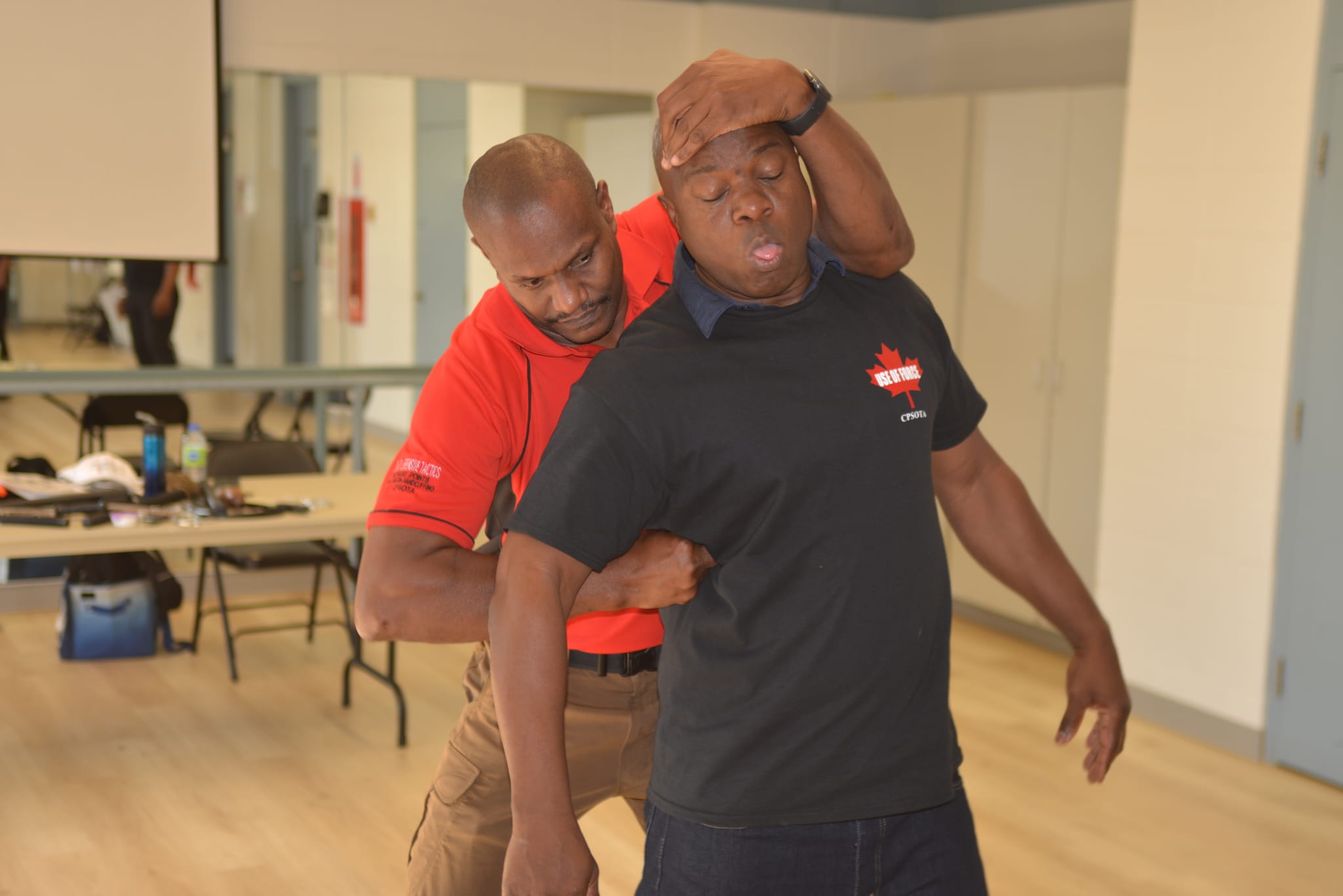DETERMINING FACTORS
The loss of both human life and property caused by natural disasters has attracted the attention of all, and in an article published in the daily newspaper Le Nouvelliste, the importance of the educational factor was stressed
With a young population (By 2015, more than 33% of the population is between 0 and 14 years of age and more than 63% between the ages of 14 and 65) and since the citizens of tomorrow are the children of today, The latter must be trained for a more appropriate response to an earthquake, in particular.
Since March 1989, Haiti has entered the new era of education, with French-speaking countries such as France, Belgium and Côte-d ‘ Ivory. This objective-based pedagogy establishes a more concrete link between learning at school and the immediate environment of a child and meets one of the challenges set by UNICEF to link education and development.
Basic education, which in 2010-2011 had 15,200 primary schools, has nearly 17,000 schools in 2012-2015, mainly by the private sector, the religious sector and international partners.
The international community’s assistance is invaluable, as evidenced by a UNICEF report, where the school attendance rate has increased by more than a quarter in seven years.
• In order to improve the educational curriculum and it continues to be of quality, the training, by qualified instructors and supported by one of the most important partners of Haiti is more than necessary. Also, the contribution of Quebec and Canada is required in order to maintain the achievements and develop Haitian capacities in terms of risk and disaster management.
Haiti is one of the two countries where the lack of resources to invest in a Quality, it seems more than urgent to support this initiative, since, according to UNICEF’s own admission, any investment in education is a very good one. The urgency of this investment is not to be demonstrated, whereas in 2015 the Millennium Development Goals (MDGs) set in 2000 are not met.








